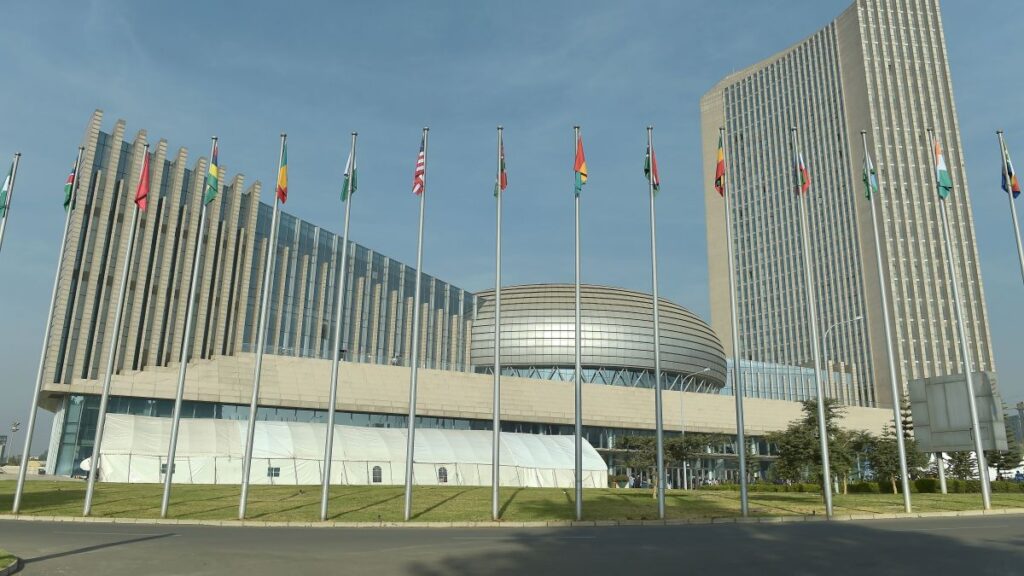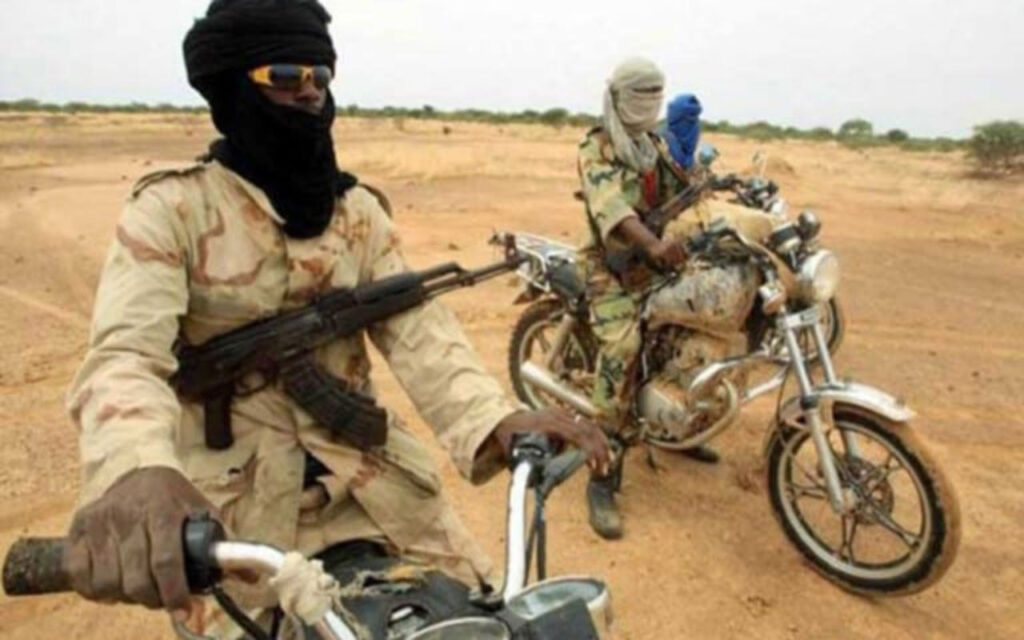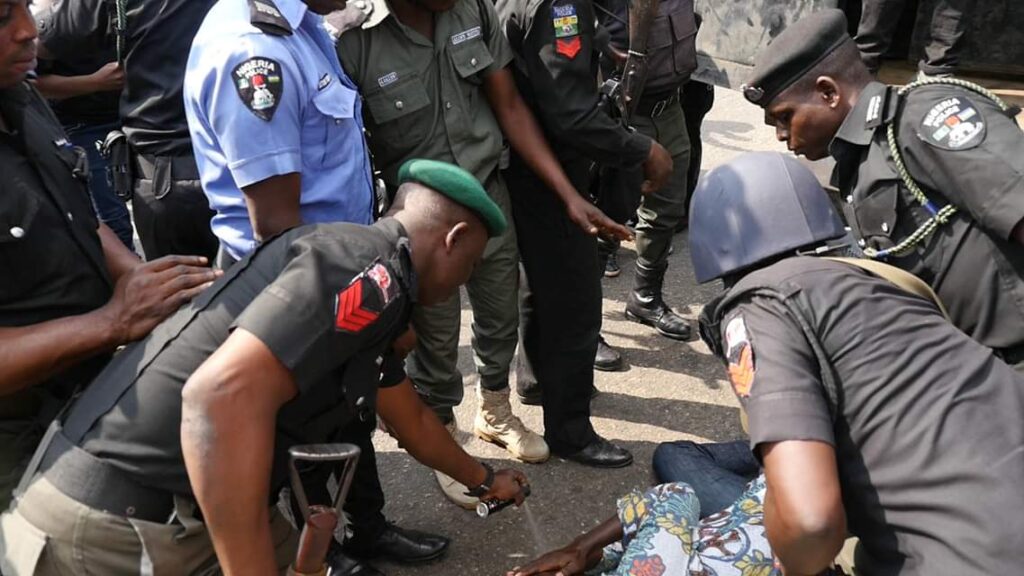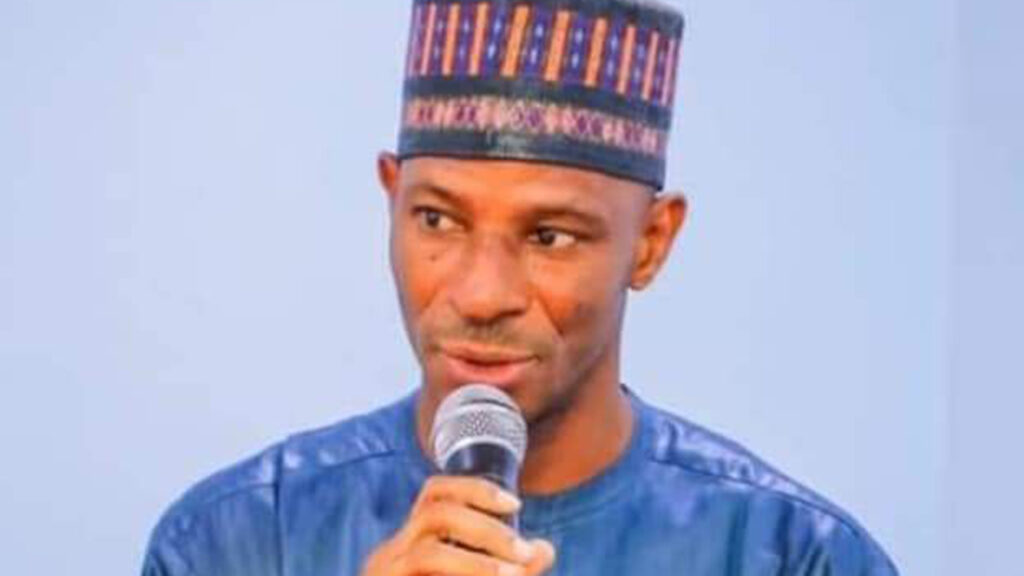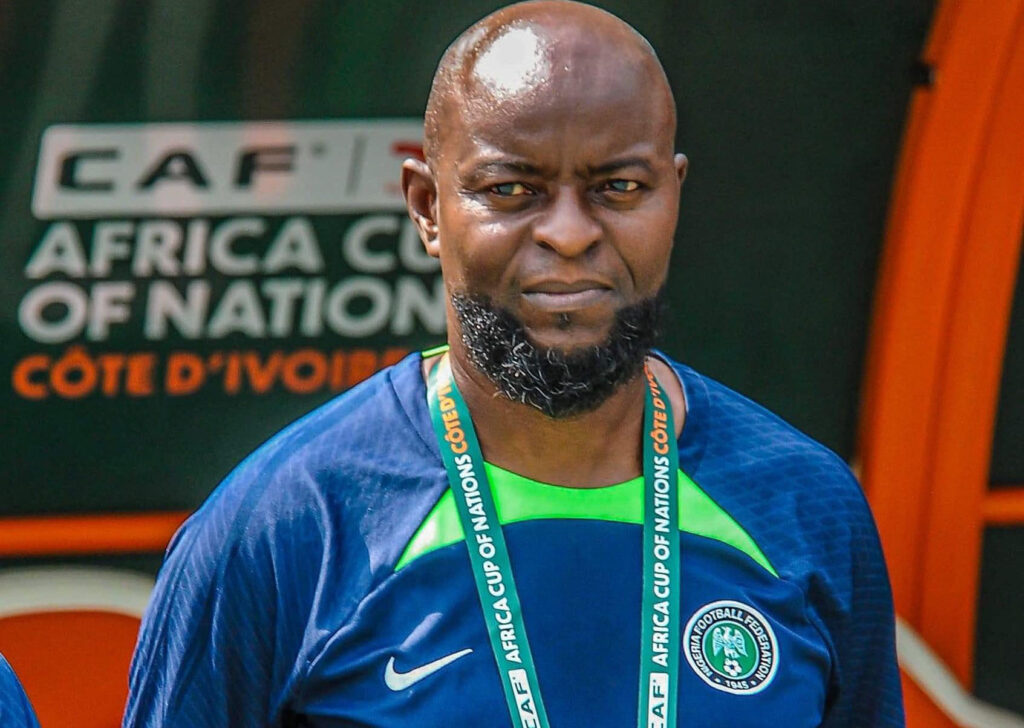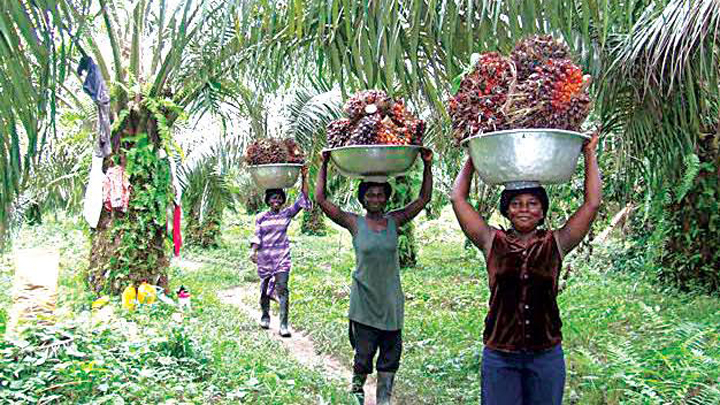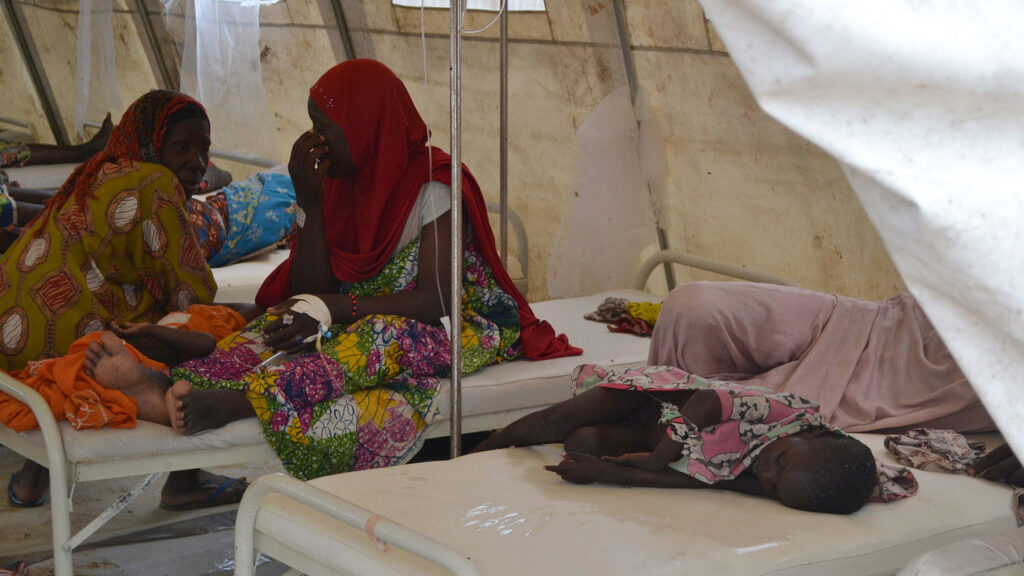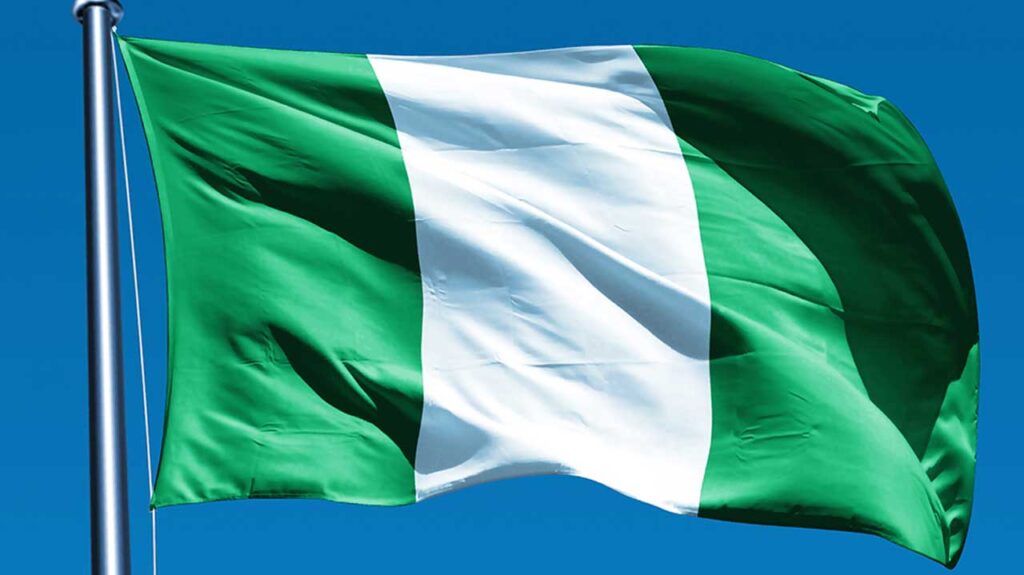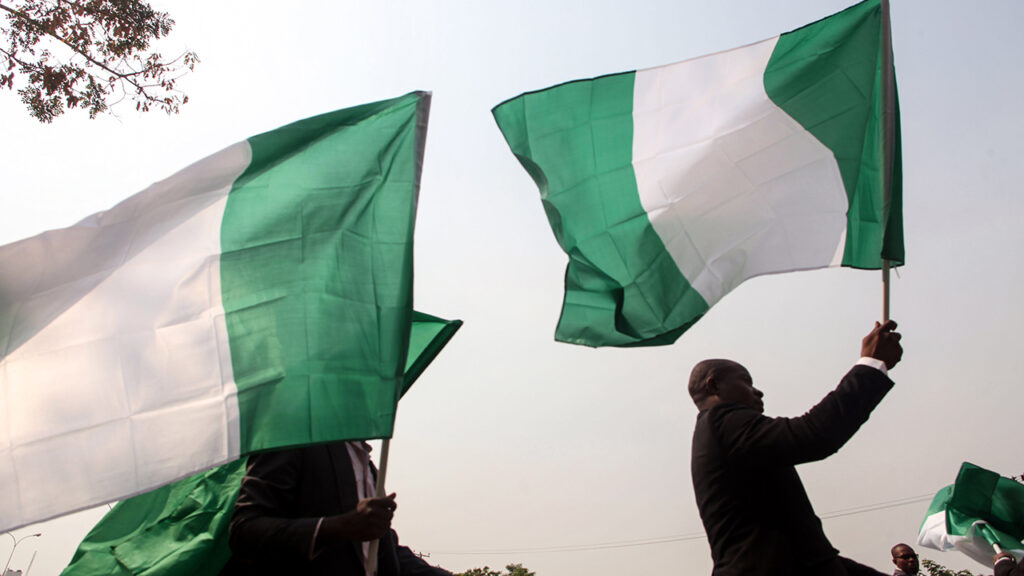
More than a week ago, the diplomatic restriction occasioned by the successive coups in three West African states of Burkina Faso, Mali and Niger has culminated in the balkanisation of the 49-year old Economic Community of West African States (ECOWAS) with the announcement of the exit of the three countries on account of what the trio sees as ECOWAS mission creep.
The trio accused ECOWAS of being unable to enhance their security and sovereignty while imposing punishing sanctions on their people. According to a joint statement from the three countries, “in more than a decade of the security crisis in the Sahel and the fight against terrorism, ECOWAS has never demonstrated the slightest compassion towards the battered people of Burkina, Mali, and Niger, even provided any significant military, material or financial support to our countries.” In fact, Traore, the Burkina Faso leader, argued that the creation of the regional organisation was for integrating people, promoting development, economy, solidarity and mutual aid, but the organisation had lost those values. In his words, “…with the passage of time, the organisation has lost these values. Today, the facts are clear. For more than a decade, Mali and Niger have been at war with terrorism. And in Burkina Faso, we’ve been at war for almost a decade. We have never received any aid from this organisation.”
Burkina Faso suffered its second coup in September 2022 with the ascension to power of Captain Ibrahim Traoré, the 34-year-old head of an artillery unit of the Armed Forces of Burkina Faso. The coup ousted the previous junta leader, Lieutenant Colonel Paul-Henri Sandaogo Gambia. The rationale for the putsch was the deteriorating security situation in the country.
In May 2021, the Malian Army led by Vice President Assimi Goïta seized power from a transitional government following an earlier coup in 2020 that removed President Ibrahim Boubacar Keïta from office following electoral irregularities against a background of Islamist attacks on the country.
In July 2023, the Nigerien Army deposed President Mohamed Bazoum, an Arab minority, over internal dynamics that bear on repositioning his loyalist in the military and the alleged insincerity in the prosecution of war against the Islamist jihadists in the Sahel.
The point must be made that the security situation in these countries has become intractable. In 2022 alone, 135 administrative districts in Mali, Burkina Faso, and western Niger, 84 districts, that is, about two-thirds, experienced violent extremist attacks.
However, the tipping point came with the pronouncement by ECOWAS that it would reverse the coup with a military intervention to restore the democratically elected government. Also, it was backed by crippling sanctions and the interruption of legitimate service arrangements between Nigeria and Niger. The Nigerien junta drove home the point by noting that “despite our neighbourly and fraternity ties”, ECOWAS added its own punitive sanctions, namely: Cutting off the supply of electrical energy indiscriminately, blocking the supply to Niger in pharmaceutical and food products…”
The ECOWAS took the exit matter as precipitatory and said that it had yet to receive any notification of the intention to leave the body. Under its protocol, a member state must give up to a year’s notice before exit. While the three countries have asserted their sovereignty to do what they did, ECOWAS is, however, open to a “negotiated solution to the political impasse.”
It is important to note that these countries are more crossed with Nigerian leadership of the sub-regional body than the organisation itself. The Nigerien junta said pointedly, “… the Government of the Republic of Niger rejects, with serenity, the impertinent and condescending remarks contained in the press release from the Ministry of Foreign Affairs of the Federal Republic of Nigeria dated January 29, 2024. Indeed, these remarks are not natural to contribute to the necessary dialogue between our two brother countries and are, in reality, carried by a small group of individuals in the pay of foreign powers; the very ones who frustrated all efforts for a negotiated solution to the resulting crisis to the events of July 26, 2023 in Niger.”
The allegation that ECOWAS is being teleguided by France is serious and worthy of diplomatic scrutiny. Indeed, these countries have kicked out France, a more devious colonial power that has been a scourge on the African continent and has been accused of instrumentalising the Jihadist for control of the Sahel countries. And the accusation is not made easier for ECOWAS in the face of the Nigerian President making France a second home in recent times, supposedly for medical reasons.
It should be noted that the three countries cannot lose significantly. Nigeria trades more with them. Besides, ECOWAS has provided a platform for Nigeria to project its power. In particular, Nigeria needs Niger to safeguard its long-stretch border with Niger that is critical to Nigeria’s territorial integrity and sovereignty.
Nigeria can show better leadership. West African countries are better and stronger united. The sub-regional body should employ dialogue with the exiting countries. Apart from the area of movement of persons, ECOWAS as a body has underperformed, and it needs to be more creative. When so-called democratic regimes undermine their legitimacy with illiberalism and play stooge to foreign powers, there are bound to be reactions in the polity. The antidote against coups in Africa is good governance and not the pursuit of self-aggrandisement by the elected representatives of the people.

